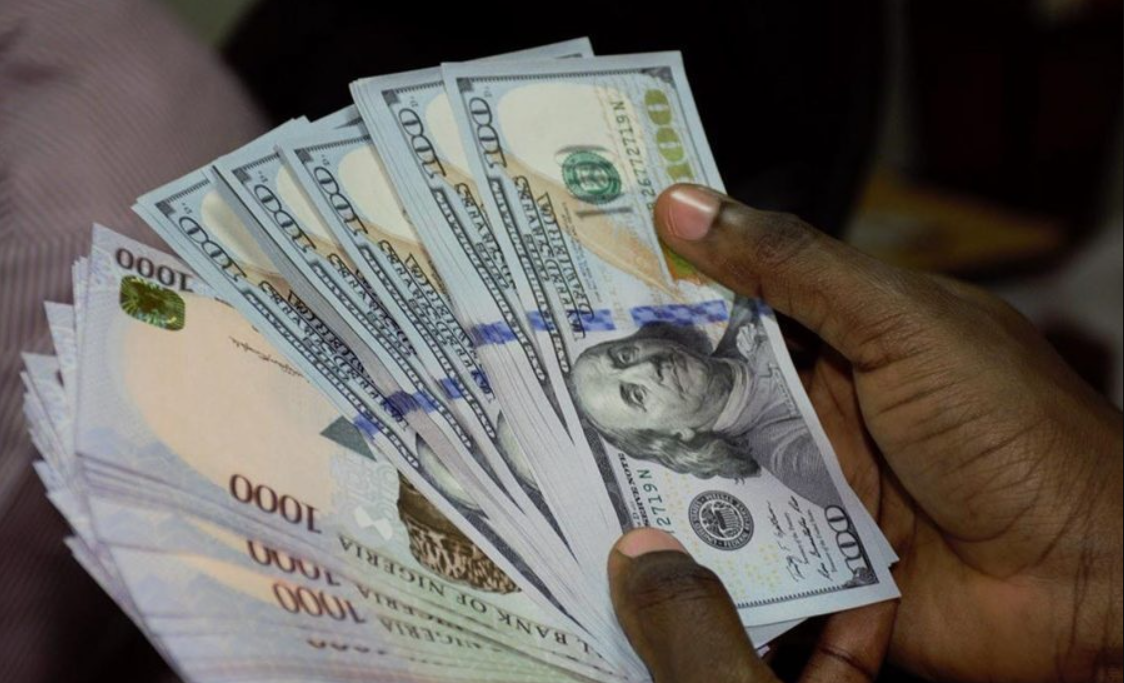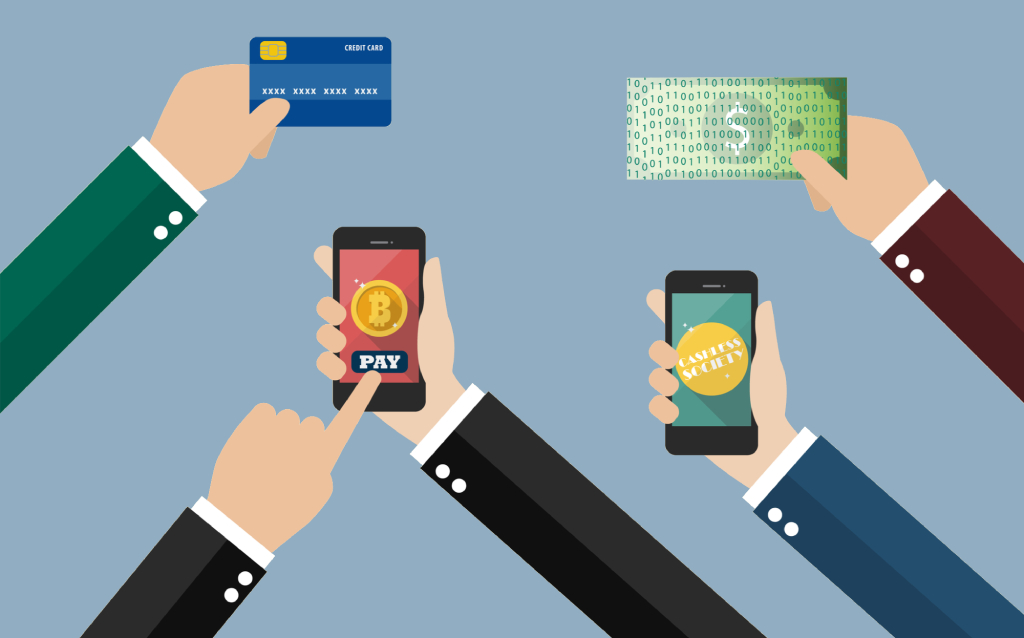The Silent Pulse of Paper: Will Our World Truly Let Cash Die?

The sound of money is changing. It is no longer the satisfying crinkle of a new banknote, the solid weight of a coin in the palm, or the rustle of notes exchanged in a market stall. Instead, it is the sterile beep of a POS terminal, the digital chime from a smartphone, or the utter quiet of an online transfer.
In the bustling streets of major cities in Africa and across the globe, the physical reality of cash is being systematically edged out by the frictionless world of digital finance.
This shift feels both inevitable and profoundly disorienting. We are witnessing the potential end of a technology as ancient as civilization itself, one that has shaped human interaction, power, and trust for millennia.
The question is no longer if digital payments are rising, but whether our world will truly allow cash to die. The fate of physical currency is not just a matter of economic efficiency; it is a story of human psychology, societal divides, and the silent, enduring power of what we can touch and hold.

The Siren Song of a Spotless World
Let’s be honest, the vision of a cashless world is seductive. It is painted in the sleek colours of modernism and sold to us as the ultimate form of convenience. The fintech revolution, powered by apps like Venmo, PayPal, and Africa’s own M-Pesa and Flutterwave, hasn't just changed how we pay, it has rewired our very concept of money.
Money is no longer a thing you possess; it is data you access, a stream of digits you direct.
This shift was supercharged by the COVID-19 pandemic. Suddenly, the physical exchange of grimy banknotes felt less like a transaction and more like a biological threat. Contactless payments skyrocketed.
Mastercard reported a 40% global jump in contactless transactions in the first quarter of 2020 alone. In China, the figure is even more staggering, with over 80% of all payments now flowing through the digital ecosystems of Alipay and WeChat Pay.
In Sweden, a nation sprinting towards becoming the world's first truly cashless society by 2030, signs declaring "No Cash Accepted" are now commonplace, even in the most traditional of settings.
The arguments for this transition are compelling, layered like a perfectly pitched sales presentation.
For the individual, it is the bliss of never being caught short. It is splitting a dinner bill without the awkward fumbling for change or even hailing a ride without a wallet. It is convenience incarnate.
For businesses, it is a dream of efficiency. Transactions are faster, lines move quicker, and the risk of theft is diminished. The accounting becomes seamless.
For governments, it is the fiscal control. Tax evasion becomes exponentially harder when every penny is tracked. Corruption is complicated when bribes cannot be passed in unmarked envelopes.
And then there is the powerful narrative of financial inclusion. In developing economies, where traditional banking infrastructure is sparse, the mobile phone has become a bank in every pocket.
The "unbanked" millions can now save, borrow to grow a business, and receive remittances from family abroad, all without ever setting foot in a marble-lined lobby. For them, digital money is emancipatory.
The Whispered Resistance: Why We Cling to the Tangible
But for every siren song, there is a counter-melody, a whispered resistance rooted in something deeper than mere nostalgia. The push for a fully cashless world ignores profound, fundamental human and societal needs.
First and foremost is the argument of access and equity. A cashless system rests on three fragile platforms: reliable electricity, stable internet, and a smart device. And, these are not universal realities.
In rural Africa, vast swathes of Asia, and even in impoverished urban centers in the wealthiest nations, network coverage is a luxury. A 2021 World Bank report estimated that nearly 1.4 billion adults remain unbanked; for them, the cashless revolution is an exclusion.
What happens to the elderly woman who cannot navigate a smartphone app? The day labourer paid in physical currency at the end of a long shift? For them, the abolition of cash is the abolition of their economic participation.
Then there is the chilling argument of privacy. Every digital transaction you make is a data point. It tells the story of where you were, what you bought, who you supported, what you believe in.
In an age of surveillance capitalism and increasingly authoritarian governments, going fully cashless means handing over a minute-by-minute ledger of your entire life. That donation to a controversial political cause, that purchase from an adult store all becomes part of a permanent, traceable record. Cash is the last pillar of financial anonymity.
This leads to the issue of vulnerability. A digital system is a centralized system, and centralization creates a single point of failure.
A sophisticated cyberattack, like the one that crippled the Colonial Pipeline in the US in 2021, could paralyze not just a company, but an entire nation's ability to function. A solar flare or a simple server glitch could render an entire population unable to buy their essentials.
Cash is resilient. It needs no battery, no password, and no signal. It works when the lights go out.
Finally, we cannot discount the cultural and emotional weight of cash. It is tangible and real. A crisp new bill given as a birthday gift feels different from a digital transfer.
The haggling, the ritual of slipping a tip into a musician's case, the folding of money into a child's hand for their first solo purchase are all human experiences with its sensations.
Cash might be dirty, yes, but it is also human. It carries the weight of a promise you can hold in your hand.
The Laboratory of the Future
Nowhere is the tension between these two worlds more palpable than in Africa. The continent is a living laboratory, simultaneously showcasing the breathtaking potential and the sobering pitfalls of the cashless transition.
On one hand, Africa is the undisputed pioneer of mobile money. Kenya’s M-Pesa is the stuff of legend, a platform that brought financial services to millions and became the bedrock of the nation's economy. Nigeria’s vibrant fintech scene, with players like OPay and PiggyVest, is driving adoption at a breakneck pace. For many young, urban Africans, their smartphone is their primary, and sometimes only, bank.
Yet, the continent also provides the most potent cautionery tale. In early 2023, the Nigerian government's attempt to force a cashless society through a currency redesign and cash withdrawal limits backfired spectacularly.
Overnight, POS agents became feudal lords of liquidity. Long, desperate queues formed at banks. Markets, the lifeblood of the informal economy which runs almost exclusively on cash, partially paused.
The policy, however well-intentioned, exposed a brutal truth: you cannot legislate away cash before you have built a digital infrastructure that is universal, reliable, and accessible to all. It was a stark reminder that for the vast informal sector, cash is the only option.

The Pragmatic Middle Ground: A "Less-Cash" World
So, where does this leave us? The most likely future is not a binary switch from cash to cashless, but a long, slow fade. We are heading toward a "less-cash" world, not a cashless one.
Central Banks are aware of this balance. This is why they are racing to develop Central Bank Digital Currencies (CBDCs)like Nigeria’s eNaira. These are the digital equivalent of physical cash, issued and backed by the state, designed to offer the benefits of digital transactions with the sovereign stability of traditional currency.
Simultaneously, the most innovative fintech minds are focusing on inclusion. They are developing offline payment protocols, USSD codes for feature phones, and voice-activated interfaces for those who cannot read.
The goal is no longer to eradicate cash, but to build a financial ecosystem so robust, so seamless, and so trustworthy that people choose to leave it behind, organically.
The Anchor in the Digital Storm
So, will cash ever die? Perhaps not in our lifetimes, and perhaps never completely. It is becoming a vital niche.
Just like a vinyl record in the age of streaming, it offers a warmth, authenticity, and a sense of permanence that its digital successor cannot replicate.
Cash is resilience. It is the emergency fund when the bank’s servers are down. It is the privacy you maintain in an increasingly transparent world. It is the currency of the human touch.
The world is undeniably hurtling toward a digital financial future with its benefits like efficiency, inclusion, and innovation which are too powerful to ignore.
But as we architect this new world, our charge is not to ask if we can kill cash. Our charge is to ask how we can build a system that is so fair, secure, and universally accessible that the choice to use digital money becomes the ultimate choice.
Because in the end, the future of money is nou just about technology. It is about trust. And sometimes, the deepest trust is found in the things we can hold in our hands.
Recommended Articles
There are no posts under this category.You may also like...
When Sacred Calendars Align: What a Rare Religious Overlap Can Teach Us

As Lent, Ramadan, and the Lunar calendar converge in February 2026, this short piece explores religious tolerance, commu...
Arsenal Under Fire: Arteta Defiantly Rejects 'Bottlers' Label Amid Title Race Nerves!

Mikel Arteta vehemently denies accusations of Arsenal being "bottlers" following a stumble against Wolves, which handed ...
Sensational Transfer Buzz: Casemiro Linked with Messi or Ronaldo Reunion Post-Man Utd Exit!

The latest transfer window sees major shifts as Manchester United's Casemiro draws interest from Inter Miami and Al Nass...
WBD Deal Heats Up: Netflix Co-CEO Fights for Takeover Amid DOJ Approval Claims!

Netflix co-CEO Ted Sarandos is vigorously advocating for the company's $83 billion acquisition of Warner Bros. Discovery...
KPop Demon Hunters' Stars and Songwriters Celebrate Lunar New Year Success!

Brooks Brothers and Gold House celebrated Lunar New Year with a celebrity-filled dinner in Beverly Hills, featuring rema...
Life-Saving Breakthrough: New US-Backed HIV Injection to Reach Thousands in Zimbabwe

The United States is backing a new twice-yearly HIV prevention injection, lenacapavir (LEN), for 271,000 people in Zimba...
OpenAI's Moral Crossroads: Nearly Tipped Off Police About School Shooter Threat Months Ago
ChatGPT-maker OpenAI disclosed it had identified Jesse Van Rootselaar's account for violent activities last year, prior ...
MTN Nigeria's Market Soars: Stock Hits Record High Post $6.2B Deal

MTN Nigeria's shares surged to a record high following MTN Group's $6.2 billion acquisition of IHS Towers. This strategi...
